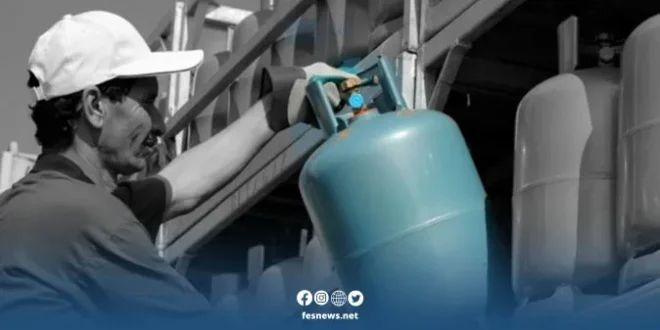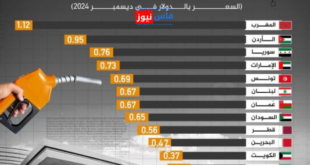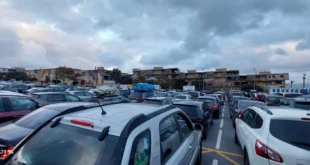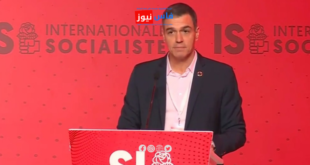The Moroccan government has announced its intention to implement the second phase of its plan to gradually reduce subsidies on butane gas cylinders, starting from January 1, 2024. This move is part of the government’s efforts to reform the compensation fund and provide necessary financing for the social protection project.
According to the announced plan, prices for large gas cylinders (12 kilograms) will increase from the current 50 dirhams to 60 dirhams at the beginning of the new year, with annual increases of 10 dirhams until reaching 70 dirhams by 2026. Prime Minister Aziz Akhannouch explained during a parliamentary session that the actual cost of a large gas cylinder reaches 130 dirhams, while citizens currently pay only 40 dirhams, placing a significant burden on the state budget.
In a related context, a report issued by the Ministry of Economy and Finance revealed that the compensation budget allocated for 2025 will amount to about 16.53 billion dirhams, confirming the state’s continued support for butane gas, sugar, and national soft wheat flour prices. This measure comes within a broader vision aimed at redirecting support towards the most needy groups and financing social protection programs.
It is worth noting that this step comes within the framework of an ambitious government program aimed at strengthening the social state and improving the living conditions of Moroccan families. The government has announced the allocation of 26.5 billion dirhams for direct social assistance in 2025, including increased child allowances, generalization of the pension system, and unemployment compensation.
Despite concerns about the impact of these measures on citizens’ purchasing power, the government affirms that it will take measures to protect the most vulnerable groups. Akhannouch indicated that the subsidy reduction will be implemented gradually and partially, while maintaining a price ceiling. The government also intends to implement tax and customs measures to exempt basic consumer goods, in addition to continuing support for fodder and fertilizers.
In light of these changes, the biggest challenge facing the Moroccan government remains achieving a balance between the necessities of financial reform and ensuring social protection for citizens, especially in the current economic conditions and the repercussions of global crises.
 فاس نيوز ميديا جريدة الكترونية جهوية تعنى بشؤون و أخبار جهة فاس مكناس – متجددة على مدار الساعة
فاس نيوز ميديا جريدة الكترونية جهوية تعنى بشؤون و أخبار جهة فاس مكناس – متجددة على مدار الساعة













